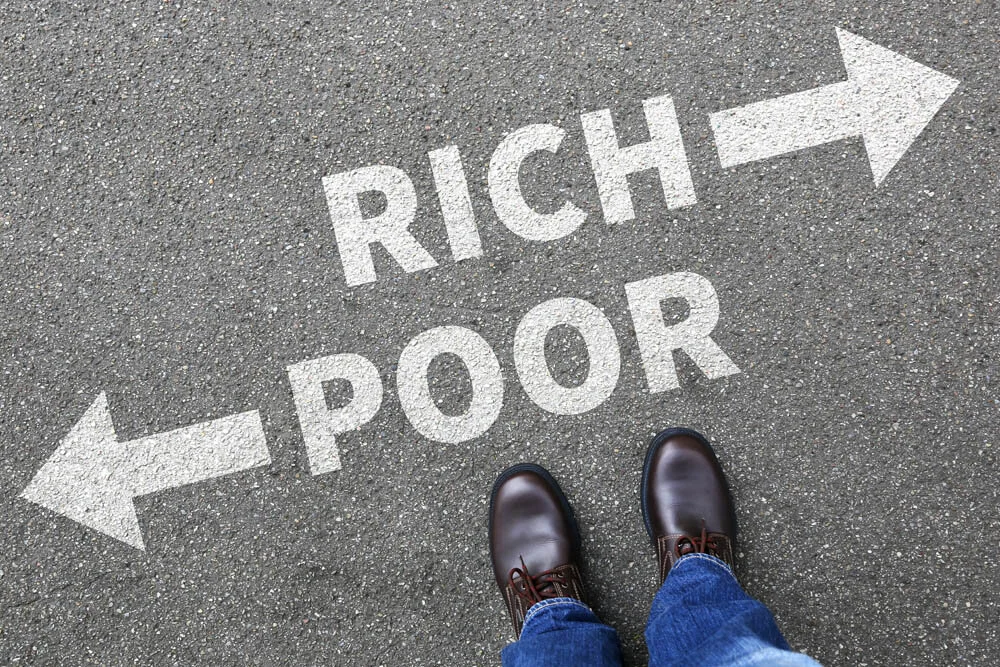A Political Economy Externality that Should Be Taught in Every ‘Principals of Economics’ Course
‘Principals of Economics’ (or ‘Principals of Microeconomics’) is the first economics course for many students. Three key concepts for Principals of Economics are (a) externalities, (b) inequality and (c) political economy. One example of great practical importance combines all three:
Because only those already living in an area vote in local elections there, the interests of those who would like to live in that locality but who do not now live there are underrepresented. Thus, from the point of view of higher levels of government, local governments tend to ignore a potential externality—the effect of their housing policies on those elsewhere who might like to move to that area.
The importance of addressing that political economy externality suggests that state governments (or provincial government) and possibly the national government should take some role in housing policy.
Inequality is implicated because a key objective of much local housing policy is to keep poor people out of rich neighborhoods. Rich folks often don’t want their kids going to school with poor kids. And they may have other reasons for not wanting poor folks as neighbors. This is both understandable and vile. For some privileged folks, there may also be a motivation to keep out less privileged folks who are “other” in some other dimension besides poverty.
(Let me say clearly that may be perfectly reasonable to worry about crime and so to want more police protection and clear school discipline as part of the bargain for allowing poor folks to live next door. Of course, unequal enforcement of the laws can then be a problem; the rich folks may want the police to come down more heavily on a poor person than a rich person given the very same infraction. Drug use penalties are an important example of an area where many rich people want unequal enforcement.
To qualify what I said above, it is only reasonable to worry about more crime and school discipline problems when more poor people move into the neighborhood if crime and school discipline problems are in fact correlated with poverty.)
For some of why this issue is so important, see:
